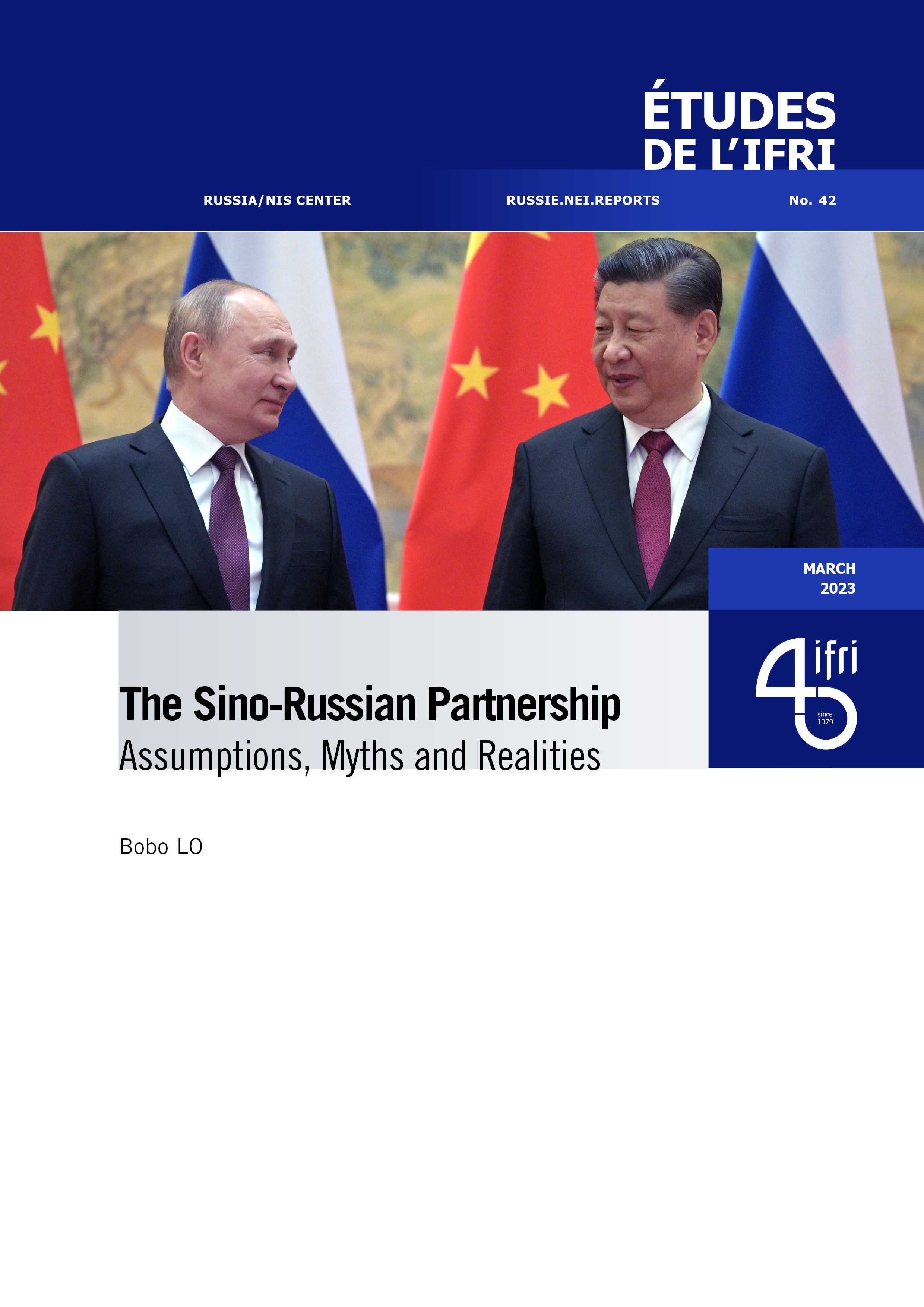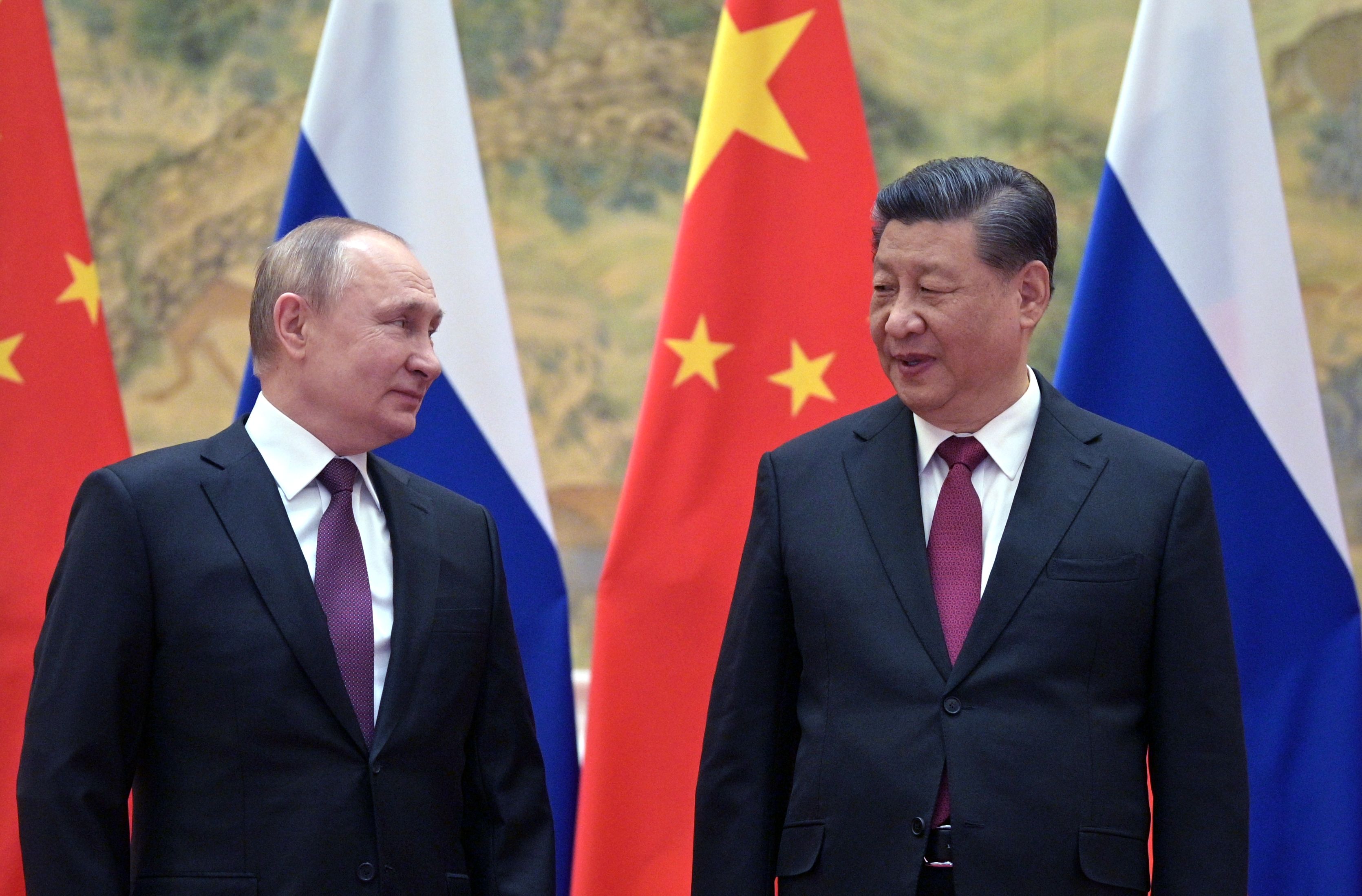The Sino-Russian Partnership: Assumptions, Myths and Realities

When Xi Jinping and Vladimir Putin announced a “no limits friendship” at their February 2022 summit, the message was that Beijing and Moscow had reached a new peak in relations.

Yet Putin’s invasion of Ukraine has exposed the limits of Sino-Russian partnership and highlighted their sometimes diverging interests. Far from being an authoritarian alliance, this is a classic great power relationship centered in realpolitik. China and Russia are strategically autonomous actors, with fundamentally different attitudes toward international order.
The Sino-Russian partnership remains resilient. Both sides recognize that it is too important to fail, especially given there are no viable alternatives to continuing cooperation. Nevertheless, the balance of power within the relationship is changing rapidly. Russia’s geopolitical and economic dependence on China is greater than ever. Although predictions of a clientelist relationship are premature, this widening inequality represents a major long-term source of weakness.
The challenges Beijing and Moscow pose to Western interests are largely separate and should be addressed individually on their merits. Equally, it is naive to imagine that reaching out to either side could help loosen their strategic partnership. Western governments should focus instead on upping their own game—from revitalizing democracy and the rule of law at home to addressing universal threats such as climate change and food insecurity.
Bobo Lo is an Associate Research Fellow with the Russia/NIS Center at Ifri. He is also a Non-Resident Fellow with the Lowy Institute, Sydney, Australia; and a Non-Resident Senior Fellow at the Center for European Policy Analysis (CEPA) in Washington, D.C. Previously, he was Head of the Russia and Eurasia Programme at Chatham House, and Deputy Head of Mission at the Australian Embassy in Moscow.
Dr. Lo has written several books, including A Wary Embrace: What the China-Russia Relationship Means for the World (Penguin Australia, 2017); Russia and the New World Disorder (Brookings and Chatham House, 2015); and Axis of Convenience: Moscow, Beijing and the New Geopolitics (Brookings and Chatham House, 2008).

ISBN / ISSN
Share
Download the full analysis
This page contains only a summary of our work. If you would like to have access to all the information from our research on the subject, you can download the full version in PDF format.
The Sino-Russian Partnership: Assumptions, Myths and Realities





